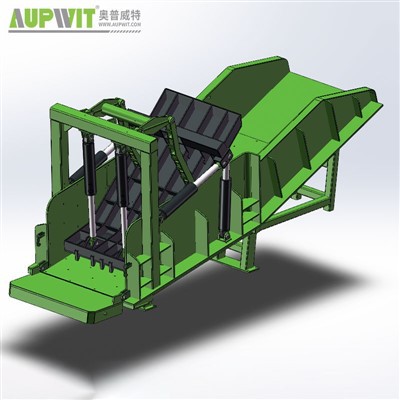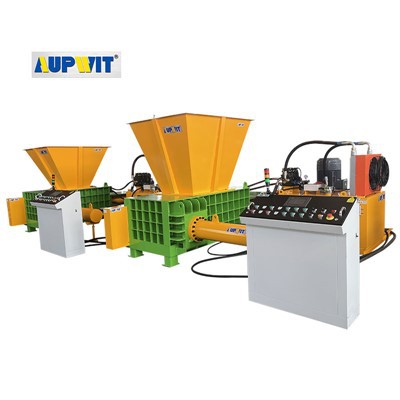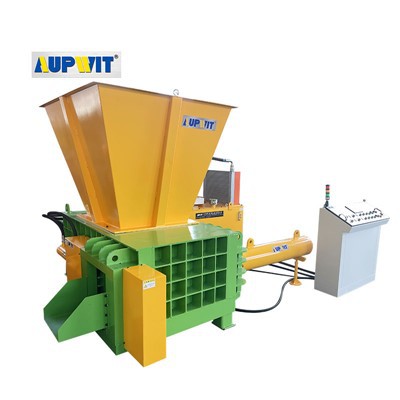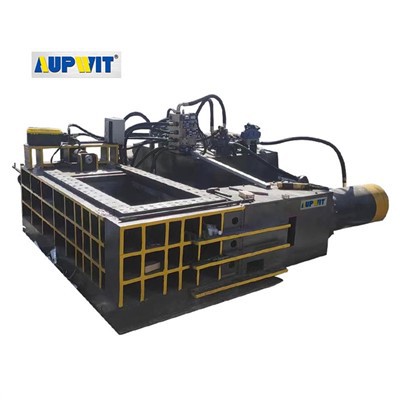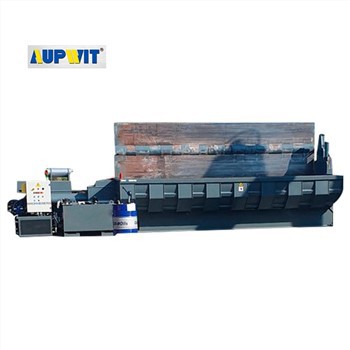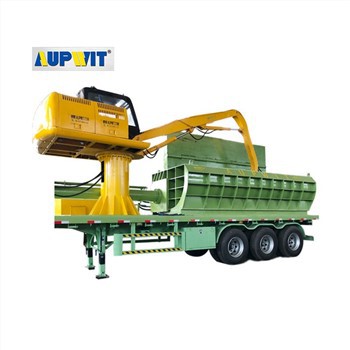Introduction
In modern demolition and scrap processing operations, speed, precision, and safety are top priorities. The ability to cut through heavy steel beams, rebar, pipes, and structural components quickly and cleanly can dramatically improve project timelines and reduce labor costs. The portable hydraulic metal shear for demolition is engineered to meet these challenges. This high-performance tool delivers powerful shearing force in a compact, mobile design—ideal for demanding environments such as demolition sites, scrap yards, and industrial dismantling projects.
This article explores the features, benefits, applications, and selection criteria of portable hydraulic metal shears for demolition work.
What is a Portable Hydraulic Metal Shear?
A portable hydraulic metal shear is a heavy-duty cutting tool that uses hydraulic power to slice through thick metal. Unlike stationary shears found in recycling plants, these portable units are designed for on-site operations, typically mounted on excavators, skid steers, or operated as standalone mobile tools. They offer flexibility and mobility, allowing operators to cut large metal structures at the source without the need for secondary handling or transport.
Key Features of Portable Hydraulic Metal Shears
-
High Shearing Force
These shears generate tens to hundreds of tons of cutting force, depending on the model, enabling them to cut through steel plates, H-beams, I-beams, pipes, and automotive components with ease. -
Compact and Mobile Design
Unlike traditional guillotine shears or fixed machines, portable shears are designed to be used in the field. Many models are attachment-based, fitting directly onto excavators or mobile carriers, while others come in self-contained, towable units with integrated hydraulic power packs. -
360° Rotation (for Excavator-Mounted Models)
Advanced shears feature full rotational control, allowing operators to position the shear at any angle—critical for precision cutting in confined or awkward locations such as between floors or within steel-framed structures. -
Replaceable Blades and Wear Components
To maintain cutting performance, the shear’s hardened steel blades are reversible and replaceable, and wear plates or guides are easy to maintain, extending the operational life of the equipment. -
Robust Construction
Made from high-tensile steel, portable hydraulic shears are designed to withstand repeated impact, high pressure, and harsh environmental conditions found in demolition zones. -
Quick Coupling Systems
Many shears come with quick-attach systems for fast installation and removal from machinery, allowing teams to switch tools efficiently during multi-phase demolition jobs.
Benefits of Using Portable Hydraulic Metal Shears in Demolition
-
Increased Efficiency
With the ability to cut structural steel on-site, operators can eliminate manual torch cutting, reduce handling time, and speed up the dismantling process. This leads to faster project completion and reduced labor costs. -
Enhanced Safety
Portable shears reduce the need for hot work (e.g., flame cutting), which minimizes fire hazards and protects workers from sparks, fumes, and burns. They also limit the use of heavy equipment to move materials unnecessarily. -
Lower Operational Costs
By streamlining the cutting process and minimizing fuel and labor requirements, hydraulic shears can significantly reduce the cost per ton of material processed. -
Precision Cutting
The controlled hydraulic system allows for clean, accurate cuts, ideal for separating recyclable metal from other materials and meeting scrap yard size requirements. -
Versatility
Portable shears are suitable for a wide range of applications, from building and bridge demolition to ship breaking, railroad decommissioning, and industrial equipment dismantling.
Common Applications
-
Demolition of Steel Structures: Cut beams, girders, and metal supports during the controlled teardown of buildings, stadiums, and factories.
-
Scrap Yard Processing: Break down oversized scrap into smaller, sellable pieces directly at collection sites.
-
Vehicle and Equipment Recycling: Cut vehicle frames, engines, and heavy equipment parts for easier transport and processing.
-
Pipeline and Tank Removal: Efficiently slice through industrial piping, tanks, and pressure vessels during decommissioning projects.
How to Choose the Right Portable Hydraulic Metal Shear
When selecting a shear for your demolition or scrap operation, consider the following:
| Criteria | What to Look For |
|---|---|
| Cutting Capacity | Thickness and hardness of metal to be processed (e.g., 40mm steel, rebar, pipe) |
| Mounting Compatibility | Ensure the shear is compatible with your existing excavator or carrier |
| Weight and Size | Choose a model that suits the lifting capacity and reach of your equipment |
| Cycle Time | Faster cycle time means higher productivity per shift |
| Blade Durability | Look for models with high-strength, wear-resistant blades and easy blade replacement |
| Hydraulic Flow Requirements | Match the flow and pressure specs to your equipment’s hydraulic system |
| Brand and Support | Choose a reputable brand offering local service, spare parts, and technical support |
Leading manufacturers include:
-
Genesis Attachments
-
LaBounty (Stanley Infrastructure)
-
Rotar International
-
Hydraram
-
Jiangsu Huahong
-
Zato
Conclusion
The portable hydraulic metal shear for demolition is a critical tool for modern deconstruction and metal recycling operations. Offering powerful performance, mobility, and safety, these shears streamline the removal of structural steel and heavy metal components directly on-site. By investing in the right model tailored to your job demands, your operation can benefit from faster turnaround times, reduced operating costs, and higher-quality scrap output.


